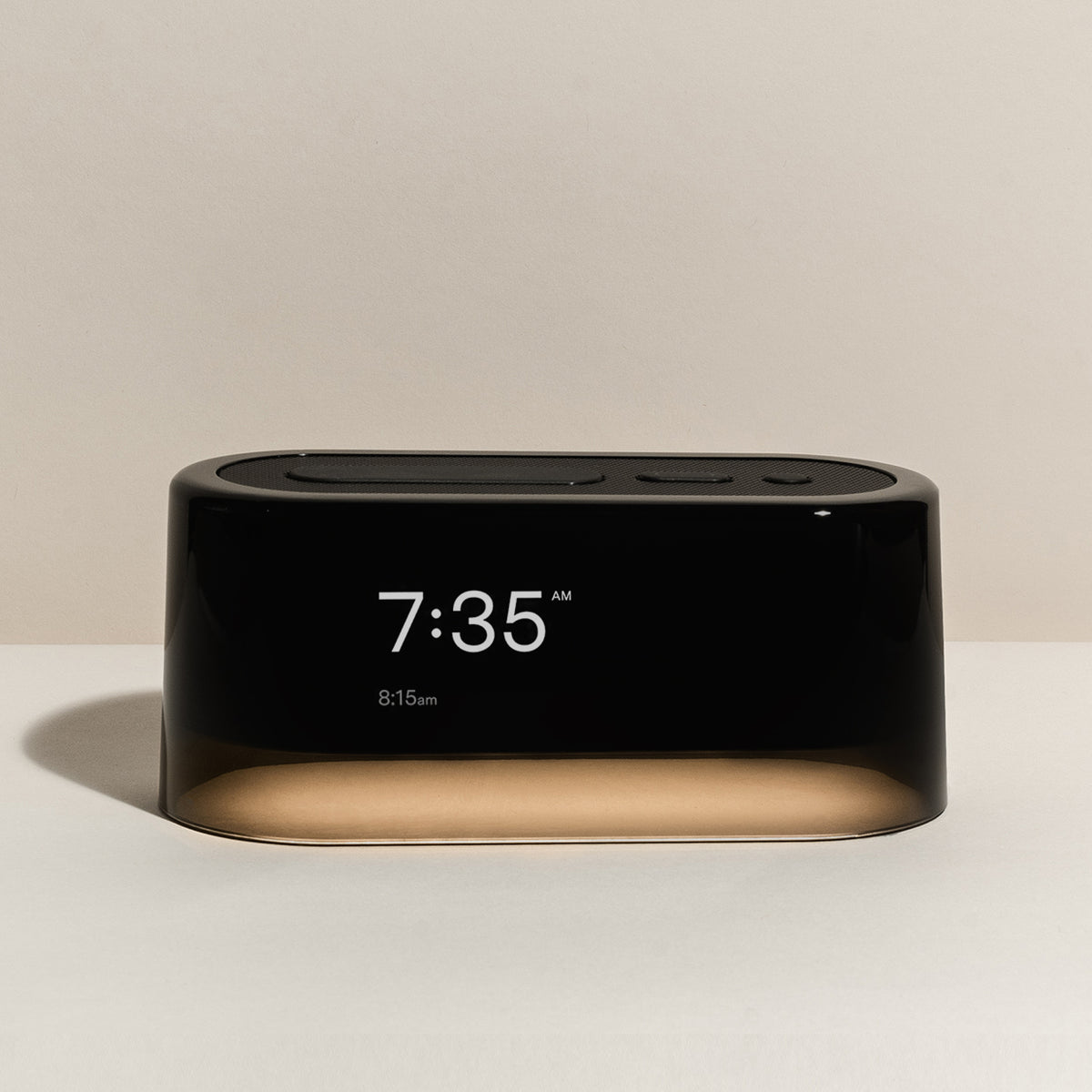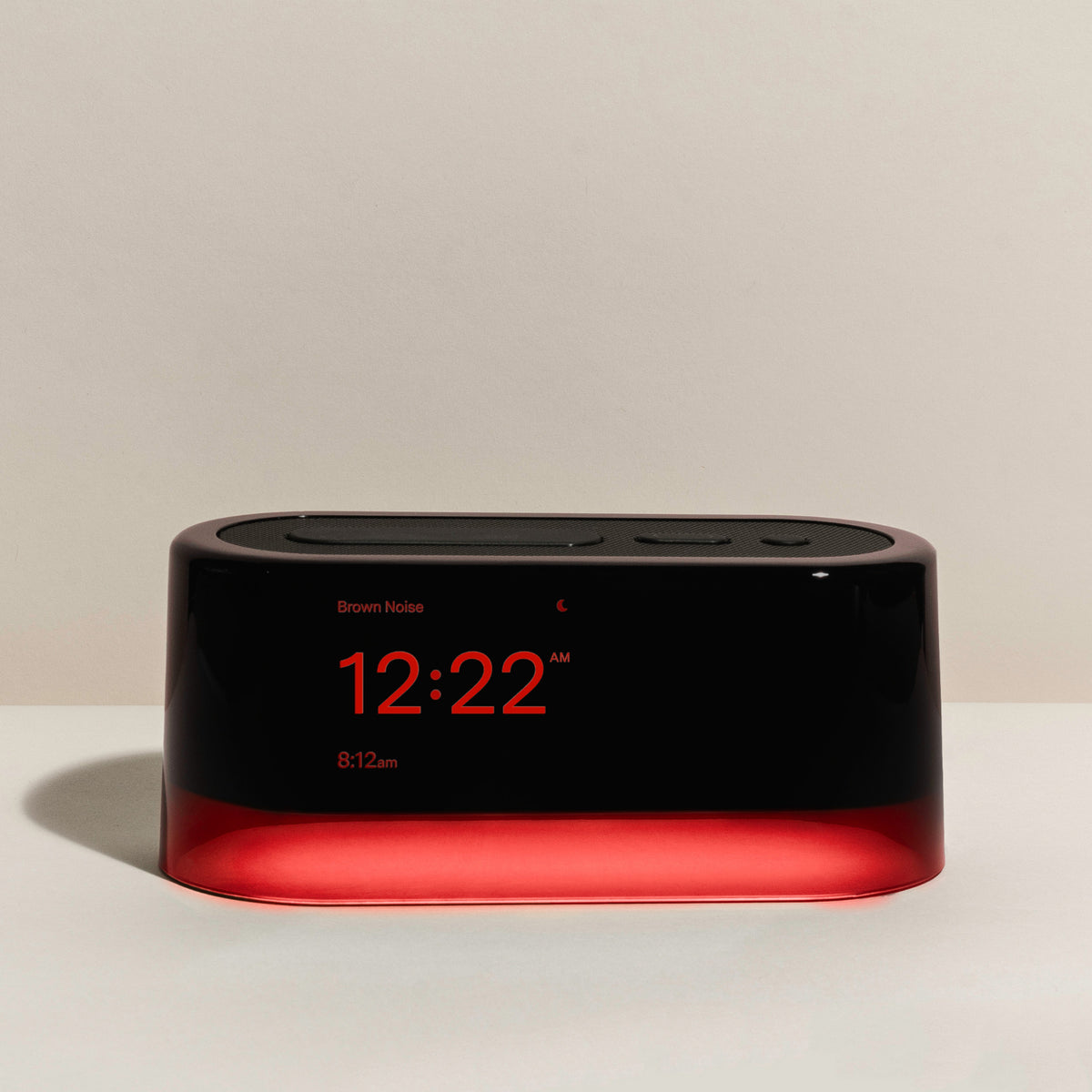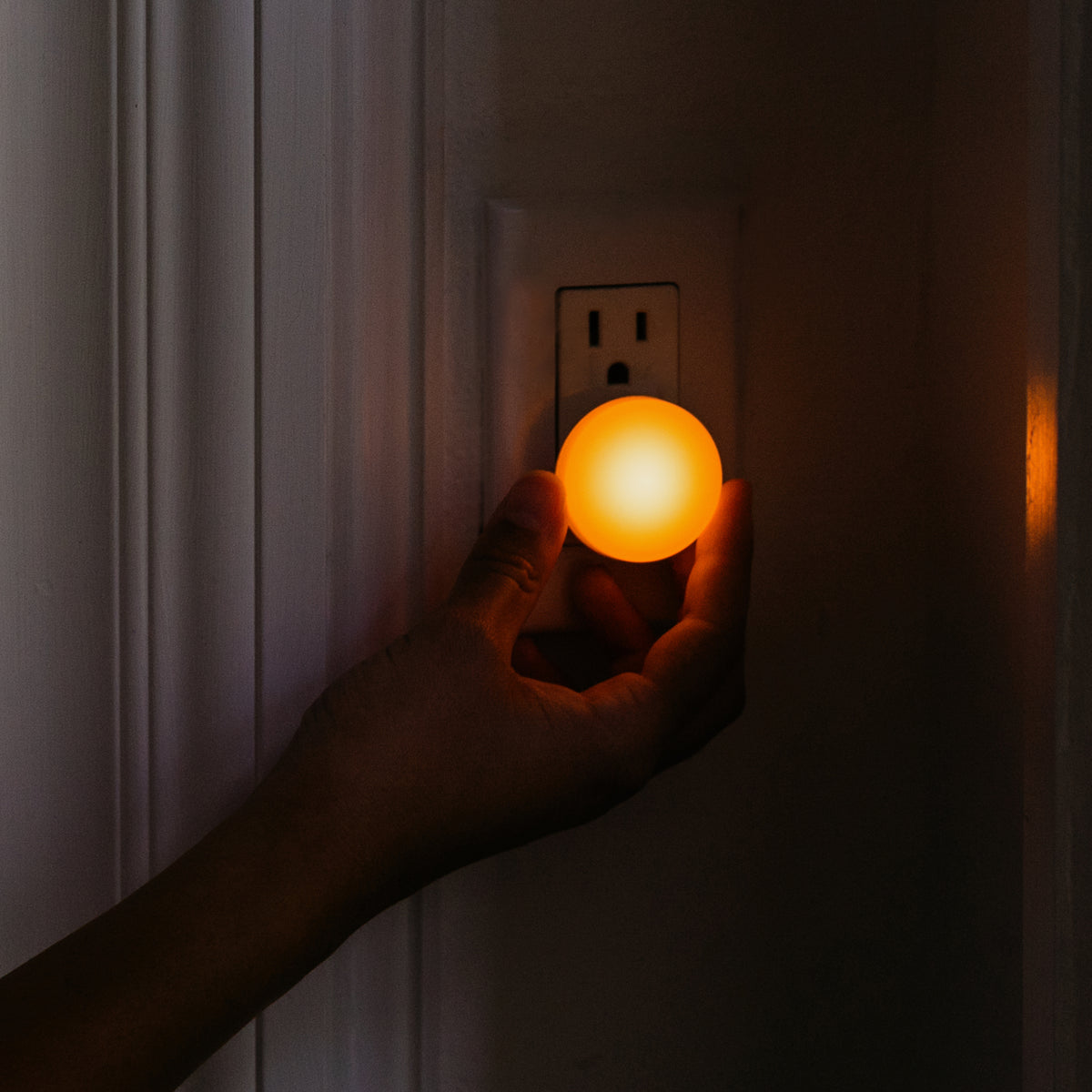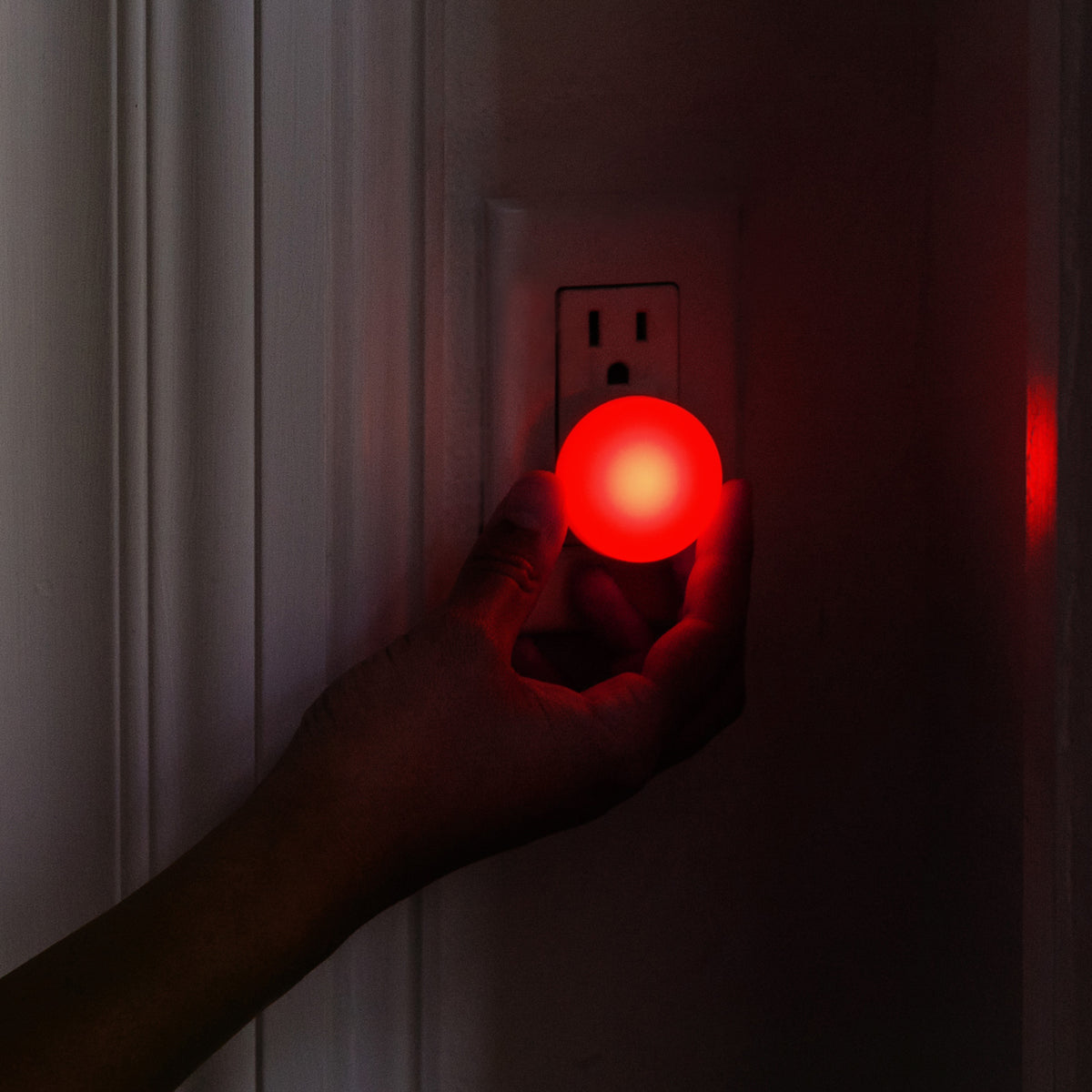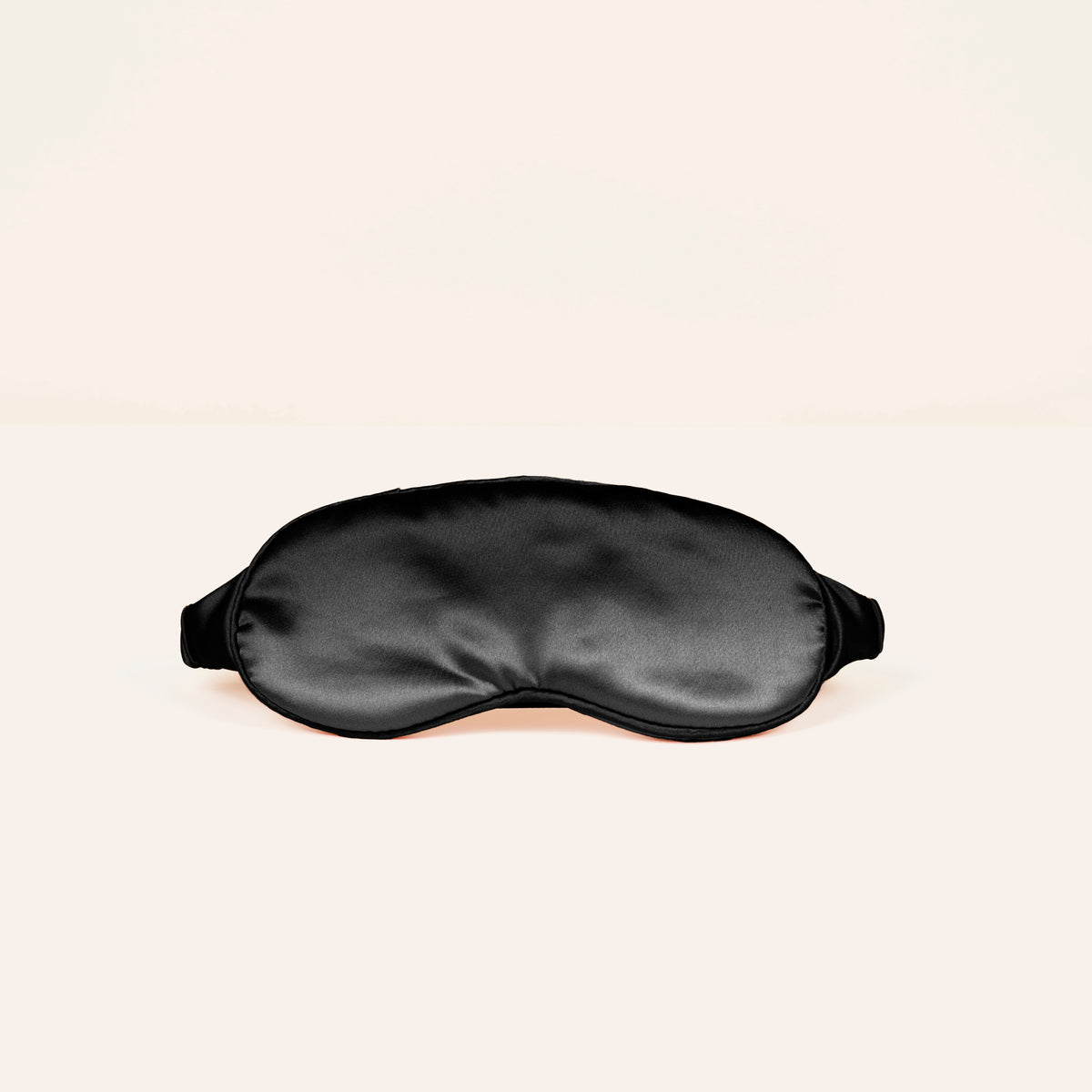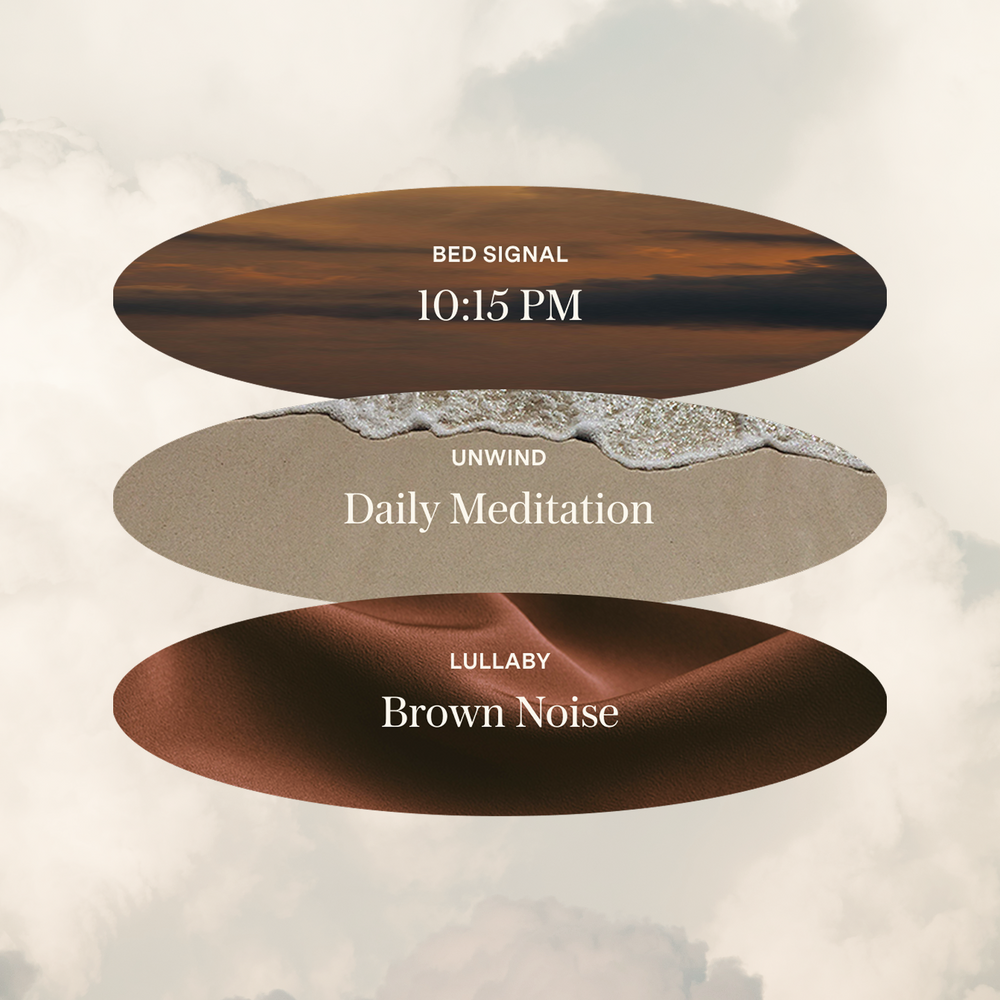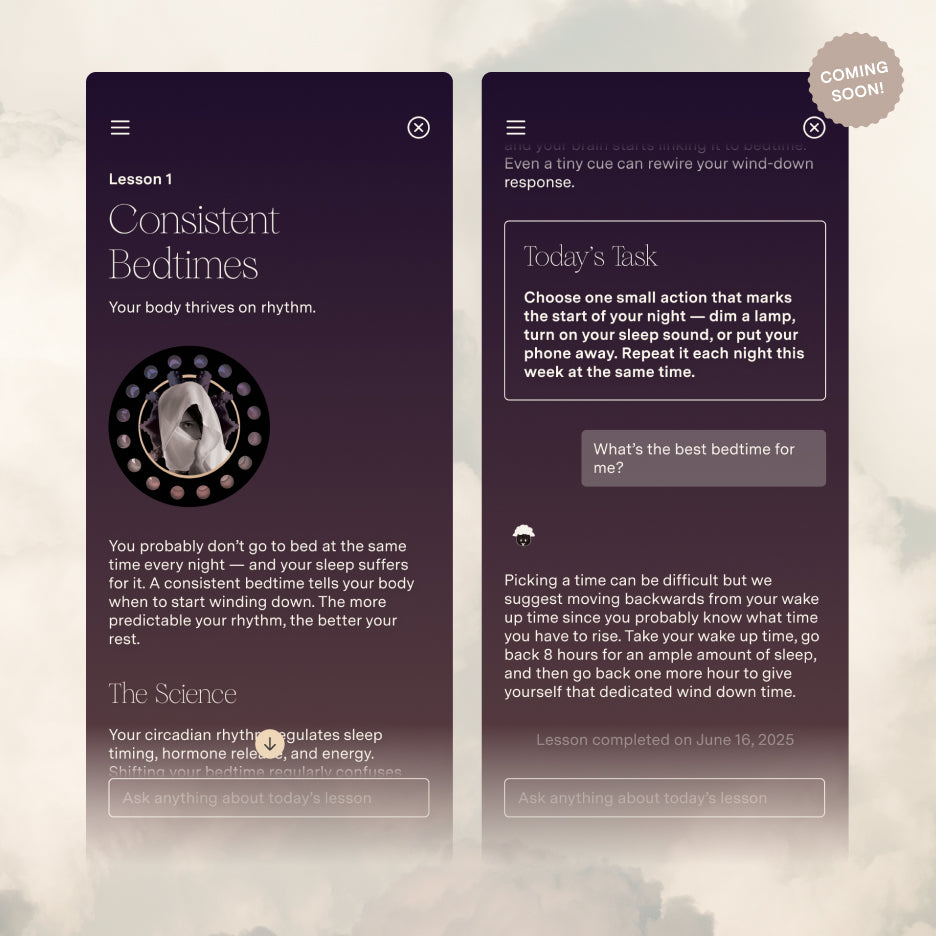Why We Sleep
Whether we’re working out or working from home (or an office) high-intensity is a mode we often praise. While this can yield impressive results in the short term, maintaining a back-breaking pace is impossible to sustain without recovery.
From muscle repair and metabolism to preventing illness and supporting our emotional wellbeing, sleep is critical for everyone. So if you too have been to led to believe that burnout is the price you must pay for success, or wondered why do we need sleep anyway? Below you’ll learn the various theories and benefits that sleep can vastly improve in your mental, emotional, and physical health.
To conserve energy
One popular theory that potentially answers the question, “why do we sleep?” is the energy conservation theory. This theory suggests that the main purpose of sleep began as a way of reducing energy during the evenings when it was once challenging and inefficient to hunt for food. This is also be supported by the way that our metabolic rate drops at night. Research suggests that in a human being’s average night of sleep (eight hours) one can produce a daily energy savings of 35%.
For cell repair and growth
Some scientists also believe the reason why we need sleep is not only to feel rested but to restore everything from our muscles to our immune system. The restorative theory says that sleep is necessary for our cells to repair and regrow.
A study in 2009 by Carnegie Mellon University showed that people who got seven hours, or fewer, of sleep were three times more likely to become ill when exposed to the common cold than those who got eight hours of sleep or more. Sleep can also be attributed to supporting the key processes like:
- Muscle repair
- Protein synthesis
- Tissue growth
- Hormone release
To maintain healthy brain function
Another major perk of sleep is its effect on the brain. A night of good sleep is similar to hitting the “refresh” button on your brain. Throughout the day, the brain gets cluttered with activity. A byproduct of this activity is a chemical called adenosine. It’s what accumulates from this clutter and makes us feel tired. During sleep, the body clears out adenosine to reset your system leaving you feeling rested and alert when you wake up. Research suggests that a night of refreshing sleep also contributes to memory as well as erasing unneeded information that otherwise builds up in the nervous systems. Sleep also contributes to:
- Learning
- Problem-solving skills
- Creativity
- Decision making
- Focus
- Concentration
To support emotional well-being
In addition to its cognitive benefits, emotional health is another answer in the quest of, “Why do humans need sleep?” Experts know this because activity increases in areas of the brain that are known for regulating emotions including the amygdala, which helps regulate our fear response or our reaction in the face of a stressful situation. With adequate sleep, we’re able to respond to stress with a level head. Research suggests that sleep and mental health are intertwined. For example, sleep disturbances can contribute to mental health issues but mental health issues can also impact sleep. The treatment of one has the potential to positively impact the other.
To support our immune system
Another system that relies on sleep is the immune system. When we sleep, we build antibodies, immune cells, and proteins called cytokines that all work to fight inflammation and prevent sickness. Research shows that sleep deprivation inhibits the immune response which makes us more susceptible to sickness. So adequate sleep, especially when we’re feeling under the weather, is key for giving our bodies the ability to strengthen itself.
To maintain a healthy weight
Sleep also supports how we control our appetite and maintain a healthy weight. Hormones like ghrelin and leptin are responsible for what we interpret as craving and satiety. When we sleep, ghrelin (the craving hormone) decreases because we’re using less energy. However, when we are sleep deprived, we experience an imbalance that elevates ghrelin and suppresses leptin (the satiety hormone) to increase hunger cravings. Research shows that chronic sleep deprivation for five consecutive nights or more have been linked to obesity, metabolic syndrome, and type two diabetes.
To protect against insulin resistance
Another hormone that’s proven to be affected during sleep deprivation is insulin. This is a hormone that helps our cells utilize glucose, or sugar, for energy. Various studies have shown in recent years that there is a direct correlation between sleep deprivation and insulin resistance.
Insulin resistance occurs when cells, muscles, and fat aren’t responding or utilizing the sugar or energy that’s coming in. One study tested seven healthy young men and women for eight days and nights in a sleep lab. They slept normally on four of the nights, but on the other nights they were limited to 4.5 hours of sleep. To neutralize the effects of appetite or overeating, the participants’ meals and calorie intake was strictly controlled.
Blood tests revealed that the overall insulin sensitivity of participants was 16% lower than after nights of normal sleep. They found that their fat cells’ sensitivity to insulin dropped by 30%, which is similar to levels typically seen in people who are obese or who have diabetes. To put the findings in perspective, the effects of just four days of sleep deprivation on insulin resistance is like metabolically aging someone 10 to 20 years (!). Not only do we need sleep, but more specifically our fat cells need sleep, and when they don’t get enough, they become metabolically groggy.
To keep our heart healthy
Answering the question, “Why do we need to sleep?” is a simple but lengthy answer. Simple because sleep clearly impacts everything we do, but lengthy because the physical, mental, and emotional effects are far reaching in both the short and long term.
Many of us know that sluggish, “ick” feeling of poor sleep when we have don’t get the seven hours recommended by the Centers for Disease Control and Prevention (CDC). But lack of sleep on a regular basis has been linked to a number of more serious diseases that go beyond just feeling a little off. Long term sleep deprivation is linked to high blood pressure, inflammation, elevated cortisol, weight gain, and insulin resistance. Over time, these compound and increase the risk for heart disease. So sleep can actually protect our heart and improving our sleep hygiene can be one proactive step toward maintaining good health for the long and short term.




